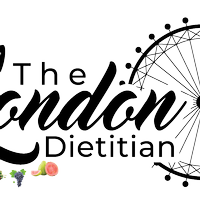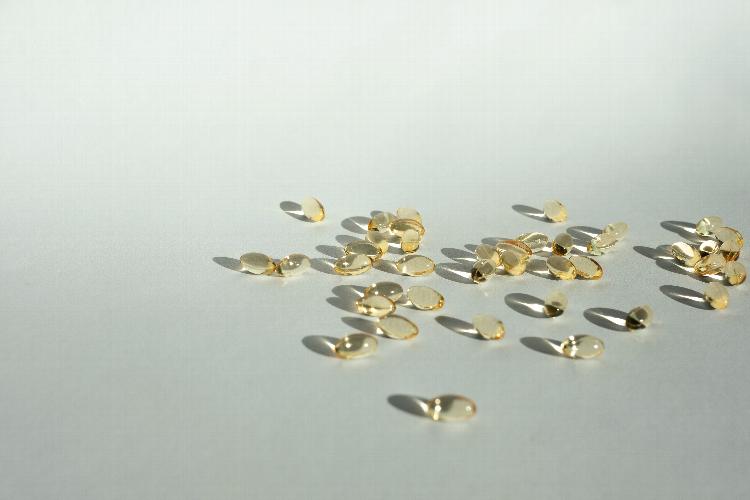Getting pregnant can be a tough job. Made even tougher when you are assaulted with contradictory information left, right and centre. One of my main topics of discussion when it comes to helping my clients is supplements. But with so many options out there, how do you even know where to start?!
If you feel like you are tackling a minefield, don't fret, I have your back! I'm going to share with you 4 of my top supplements that I share with my clients to help get you started (that isn't folic acid because it's probably safe to say you all know you need to be taking this) so let's dive straight in.
1. Vitamin D
Many cells in our bodies have receptors for vitamin D, including those of our reproductive systems and so it has been hypothesised that vitamin D levels may influence fertility. Some studies have shown higher rates of pregnancy when vitamin D levels are optimised, whilst inadequate levels have been associated with high blood pressure during pregnancy (a term known as pre-eclampsia), in addition to increasing the risk of preterm labour.
?
2. Vitamin E?
When it comes to this vitamin, there is some good evidence surrounding its use and benefits in increasing the lining of the endometrium in preparation for implantation. When trying to conceive, having an endometrium lining that is not too thick nor too thin permits successful embryo implantation which helps to optimise the chance for a healthy, full-term pregnancy.
Some studies have shown that supplementing with vitamin E in patients with unexplained infertility improves implantation rates- the reasons behind this may be due to the antioxidant or anticoagulant effects of vitamin E. Anticoagulant activity may play a role in increasing the blood supply to the follicles which may in turn increase estrogen production and so help to support a healthy endometrium. The antioxidant activity may lead to a reduction in oxidative stress which again, can help to optimise the endometrial environment.
3. Selenium
This is an essential mineral that is needed in our bodies in small amounts. Animal studies suggest it has a role in egg development and preventing early pregnancy loss. Furthermore, some studies do show that it helps to prevent pregnancy complications. A study looking at pregnant women showed that those who had lower levels took longer to conceive and had higher levels of subfertility. It is hypothesised that adequate selenium levels in the follicular fluid which surrounds the egg may also influence fertility- this is because some studies have shown that women with unexplained fertility undergoing IVF had a reduced amount of selenium in their follicular fluid.
4. Omega 3 fats
Omega-3 fatty acids are types of healthy fats that are found in oily fish, algae and some plant foods. The main types are known as DHA, EPA and ALA. EPA and DHA have been suggested to help improve fertility in both men and women, ALA is found in plant foods, however it is not converted efficiently to DHA and EPA, which is why its routine use through supplements is not recommended.
Research has found that couples who consistently consume 2-3 portions of oily fish per week had a 61% higher chance of conceiving than couple who ate less. Omega 3 fats have also been shown to lengthen the lifespan of a woman's eggs, in addition to improving the egg quality. The effects also extend to sperm quality, while also improving the sperm's ability to penetrate the egg's thick barrier, allowing fertilisation.
Omega-3 supplements usually come as a fish oil capsule containing both Eicosapentaenoic acid (EPA) and Docosahexaenoic acid (DHA). If you're a vegan or vegetarian, you can use algae supplements. Be aware that omega 3 fish oil is NOT the same as cod liver oil. Cod liver oil often has high amounts of vitamin A, which needs to be avoided during pregnancy.
And there you have some of the key nutrients you may wish to consider supplementing to help optimise your fertility. If you want to save yourself the time & hassle of trying to figure it all out on your own, consider applying to my signature couple's fertility deepdive programme.
In these sessions, alongside a personalised diet plan to help boost yours and your partner's fertility, I will create your very own fertility supplement protocol so that you can feel confident that you're taking the right supplements to optimise your fertility & give your future baby the best start in life. Alternatively, click on this link for a FREE discovery call where we can discuss the different ways I can help you boost your fertility.

